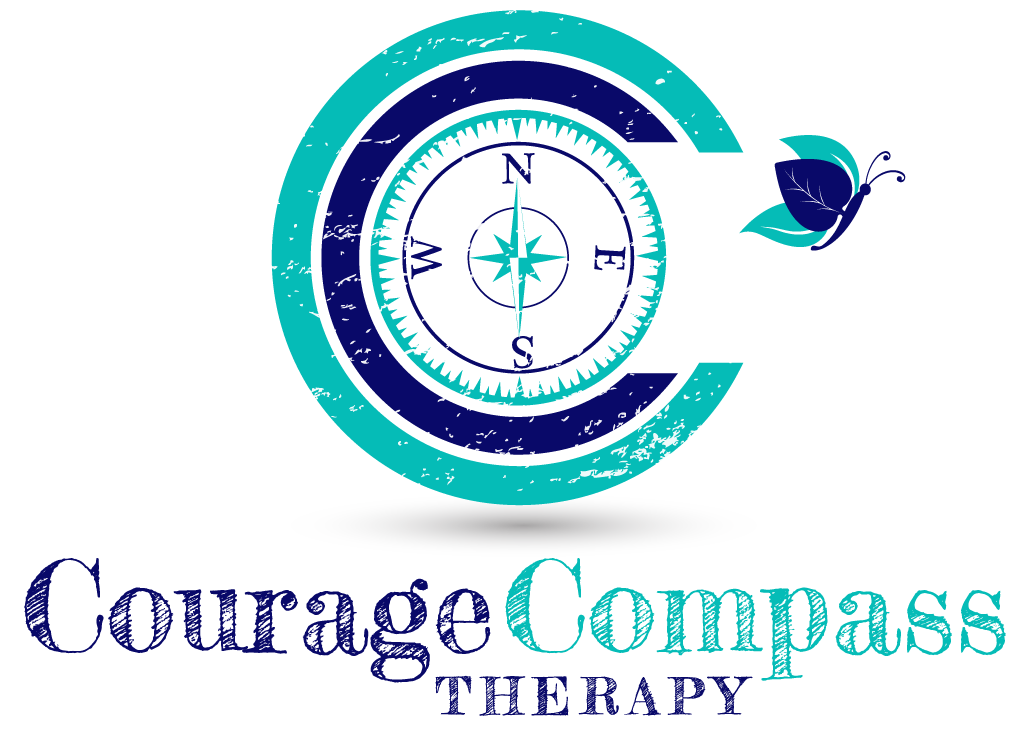New Year but same feelings— this is what I’ve been hearing from people as the year begins. It’s hard when it feels like the same thing day in and day out, the weather is gloomy, COVID is surging, and we still can’t do the things we want when we want. I’m not going to tell you to be grateful. Gratitude is a wonderful tool and helpful mindset sometimes, but often nails-on-a-chalkboard when feeling overwhelmed and down.
The new year also brings the clichéd and tired idea of resolutions. So many things to change, start, or upend. Can we not? In a recent group, we discussed a shift in perspective: what can we STOP doing, what can we let go of? We don’t always have to start new things.
If you legit want to make some changes
Resolutions usually call for sweeping change and leave out the granular details of the daily actions and infinite decisions necessary for that change. When the day-to-day tasks and habits become mundane, it can be helpful to shift to mid- and long-term goals. Instead of a grand goal, what is the goal for the day, the week, the month? Then the longer-term goal doesn’t seem as daunting or unrealistic. It’s like putting rungs on a ladder, instead of expecting yourself to get from the first rung to the top without anything in between.
Even more, we can shift to the word intention. Intentions and actions help create change, and goals that are achieved become secondary. Intentions for self-compassion, grace, kindness, patience, and humility. Intentions for connection— to self and others, moments of joy, and feelings of peace.
Why do we sometimes get sucked into the frenzy? Sometimes it’s easier to make decisions when others are also doing similar things. Sometimes we’re afraid to make a brave choice or a bold move. If the season of change helps give you the courage to initiate the change, use it. Using the momentum of the new year can be helpful, and it’s also important to be honest with yourself about what is motivating you and why.
If resolutions make you feel ill
If you don’t want to set any goals or intentions, cool. You don’t have to answer to anyone or justify your personal choices. The resolution bandwagon is often short-lived. Real, sustained change takes commitment, time, and consistent action. January 1st is also not the only day for change. You can make a shift or change on any day. People who go through chemo and stem cell treatments have a new birthday the day they get a brand-new immune system. Other cultures or religions celebrate the new year on different dates. People who enter recovery choose sobriety on other days; the day they could break free from substances or behaviors. So truly, January 1st is just a day.
Feeling pressured to change can send an implicit signal that there is something wrong with us that needs changing. Granted, yes— I am all for personal growth and improvement. That doesn’t mean you have to abandon the “old you,” or make change because who you are now is bad. It’s often about accepting all of who we are, and not really changing at all. It’s the change in perspective that is the key, not only or not even a change in behavior. When we can stop alienating parts of ourselves and move towards self-acceptance, the changes we’ve been hoping to make can fall into place with less effort and more ease.
Taking action is just hard. Period.
Making decisions in any direction is vulnerable; it brings inherent risk and uncertainty, even if it’s something we want to achieve and is theoretically “good.” We can only live one moment at a time, one day at a time (to use another cliché). Taking one step in a direction is not taking a leap off of a cliff. It’s not all or nothing. It’s gradual. You can change your mind, shift direction, adjust your sails, etc. When we are connected to ourselves, we can be aligned with what works for us and what doesn’t; what boundaries are needed; what needs to be adopted and what needs to be let go. It’s not about one thing being “right” or “wrong;” rather, understanding what feels authentic and reinforces your values.
But… like, how?
When we don’t trust ourselves, change is hard or nearly impossible. When we don’t feel free to be who we are, change isn’t really possible. Starting with self-trust and what that means will be foundational to any changes you want to make.

